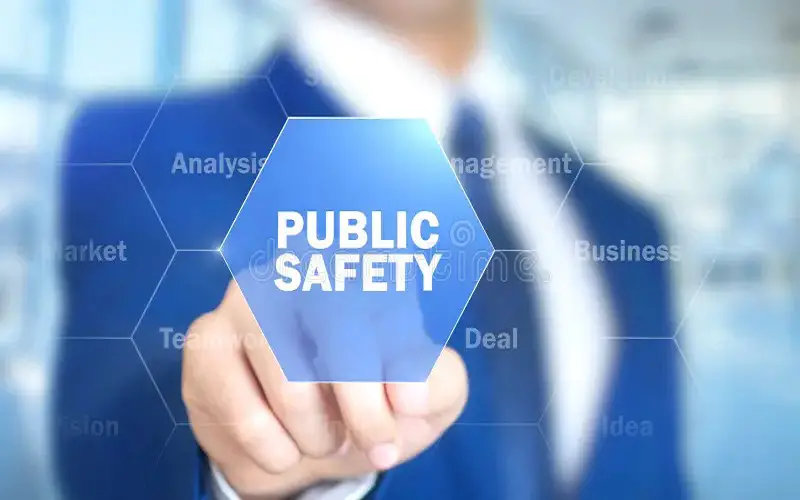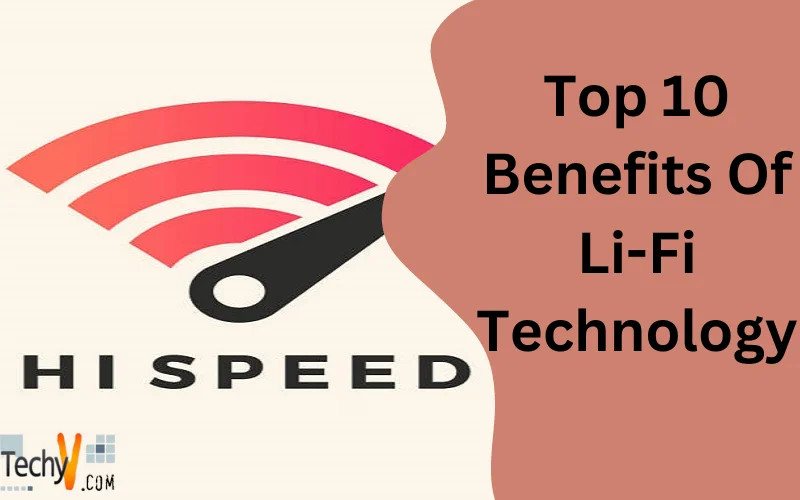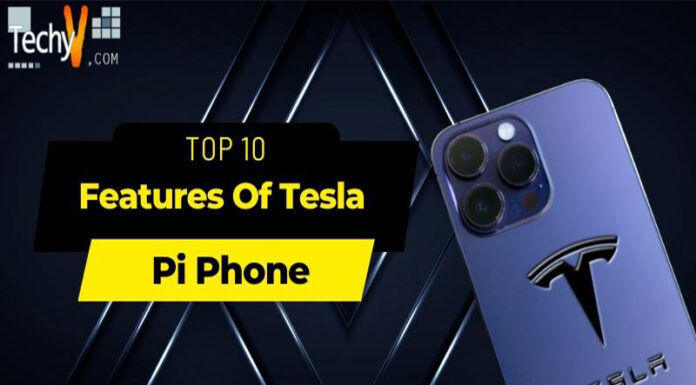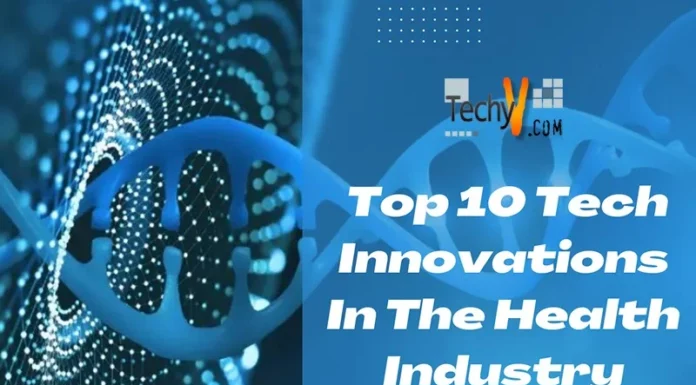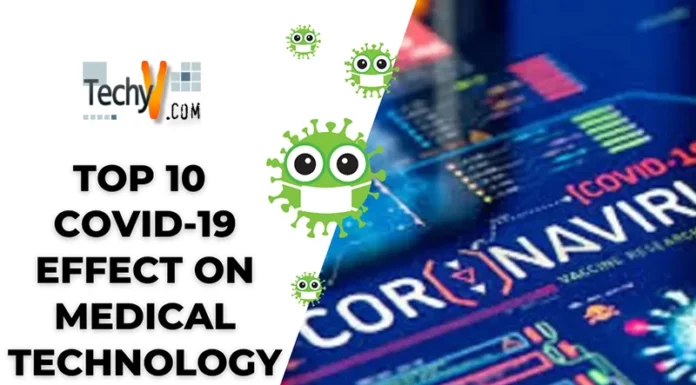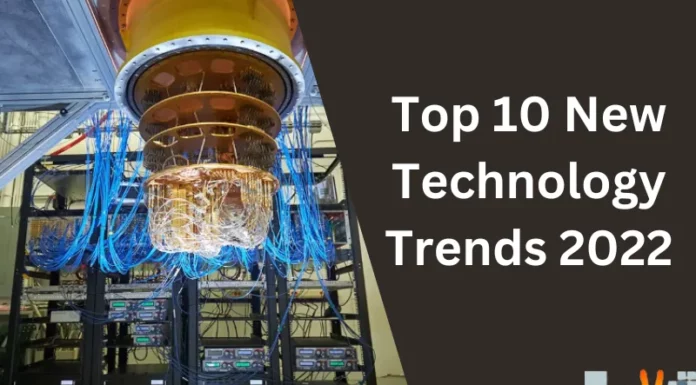LIFI (Light Fidelity) is a technology invented by Professor Harald Hass in 2011. He is a German Physicist. LIFI technology passes the data and the internet through light. LIFI technology based on Visual Light Communication (VLC). LIFI used only LED lights for the transmission of the data.
1. Efficiency
Big cities like Mumbai, Delhi, and Bengaluru are developed and are metropolitan cities. Nowadays, in developed cities, data transfer through wireless technology is critical. LIFI technology transfers data through light like WIFI does through radio frequency (RF). WIFI cannot transfer data as far as radio frequency, but LIFI can transfer data as far as light can travel. LIFI can perform better than WIFI in high-density areas. We use electronic devices for WIFI, such as routers, modems, signal repeaters, wave amplifiers, etc. These require 24/7 electricity to function. Due to the LED lights installed in many houses, there will be no additional cost for using LIFI.

2. Availability
Every country has some places where it is impossible to lay data cables or put towers for the internet. In areas, LIFI is an excellent technology for delivering data and internet connectivity using light or laser beams. In many area with a WIFI connection, the WIFI signal can be assessed in additional sites beyond the intended WIFI location, leading to data theft by unknown people. However, the light rays of LIFI are limited to a particular room or place, reducing the possibility of data theft. LIFI can be made available everywhere, such as from road lights on the side of the road or by using LED lights in houses or offices. People can transmit it through LED light bulbs in their homes, recreational centers, offices, and schools.
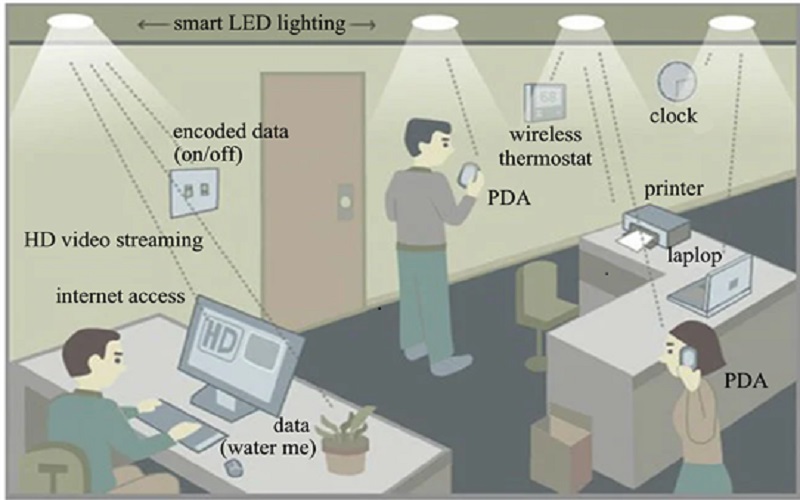
3. Security
Data transfer through LIFI is not harmful for human beings, animals, birds or their health. In contrast, data transfer through radio frequency in WIFI can potentially harm the human body. Signal leakage is a significant problem in many signal transfer methods, but in LIFI, the signals do not leak through the light. Government offices and health centers can use LIFI technology for secure communication.

4. Cost
LIFI is designed for regular home use as a low-cost LED bulb and does not require a license, unlike WIFI, which needs a radio band license. The installation cost of LIFI is much less compared to WIFI. LIFI is used in airplanes and underwater at a meager cost than WIFI. LIFI technology is installed in public places like airports, bus stations, government buildings, etc., by the government at a meager cost.

5. Urban Environment
In urban areas, a substantial volume of data is transferred from one point to another using WIFI, which transmits data through radio frequency signals. However, this method increases the risk of data leakage and poses a danger to human health, trees, and other animals, especially in densely populated urban areas. In contrast, LIFI transmits data through light rays or beams without harm to anyone. Urban areas heavily rely on artificial lighting for their daily needs, and using LIFI technology provides high-speed internet through these lights. Hotel authorities can install LIFI technology in corridors and reception areas to offer high-speed internet to guests. Unlike WIFI, which utilizes routers and electronic devices contributing to plastic waste, LIFI technology is installed in regular-use bulbs without requiring additional plastic.
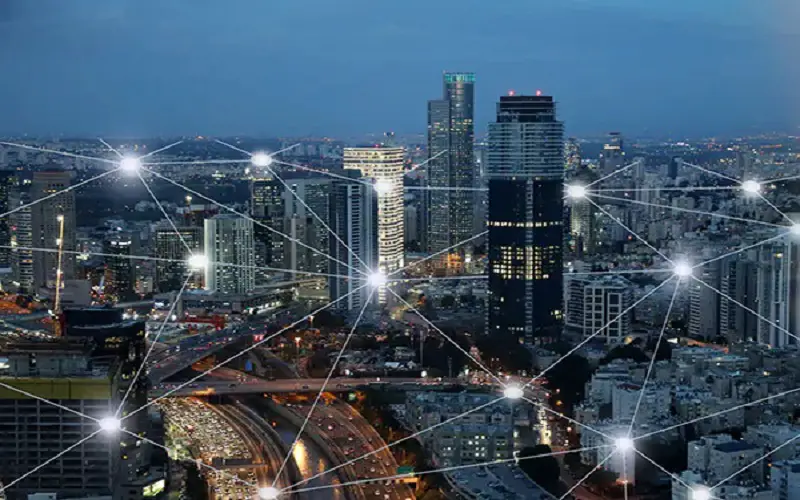
6. Smart Office
In the office, high-speed data is essential, and LIFI provides 224Gbps data, which is 14 times faster than WIFI. LIFI transfers data through light, which do not penetrate walls, ensuring company security. LIFI’s short signal range is advantageous for keeping company data secure. Employees can take Zoom calls and move from one room to another without interruption, as LIFI does not require data cables. In conference rooms, dimming the lights for projector use does not result in a loss of internet connection for employees.
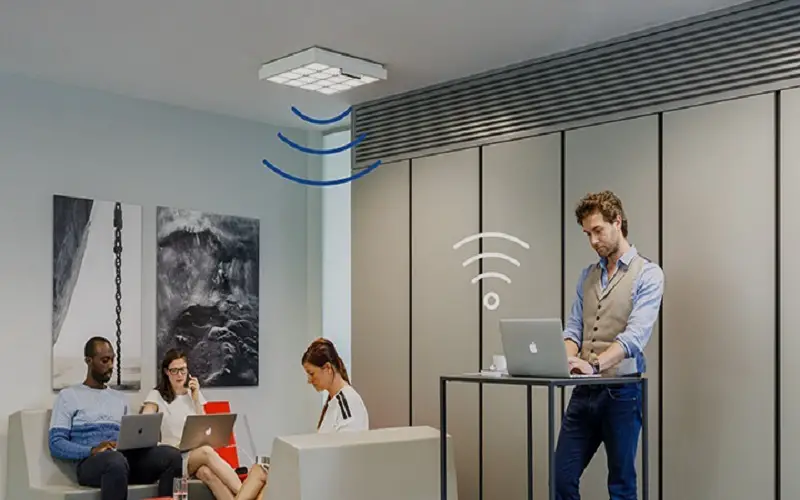
7. Medical
LIFI technology can make a significant contribution to the medical sector. It enables the detection of health issues within seconds and allows sensors in medical devices to monitor heart rate, blood pressure, and oxygen levels in real time. This data is delivered securely to healthcare professionals. LIFI technology-enabled patient monitoring systems offer high-speed connectivity, ensuring patient monitoring systems provide high-speed connectivity, ensuring that critical information reaches healthcare providers for immediate action. In many underserved areas lacking healthcare facilities, LIFI technology can provide better healthcare monitoring and timely access to patient data by healthcare organizations.

8. Speed
LIFI technology offers high-speed connectivity, with speeds of up to 224Gbps, which is 14 times faster than world-fast WIFI. In many colleges, schools, government offices, and other workplaces, low-speed internet is often available, and there are instances where no internet connection is available. LIFI technology proves to be an invaluable solution for high-speed internet in such areas. LIFI technology used in private or government offices does not face the low internet speed problem and doesn’t stop the work in these sectors or offices.

9. Electricity Saving
Internet is needed everywhere nowadays. Internet connectivity is essential around in today’s world. To this, we install routers, wires, and various electronic devices. These devices use large amounts of electricity. LIFI technology is installed in everyday LED bulbs, so there is no need to purchase any additional electronic device, and the electricity bill will not increase. Many countries face a shortage of electricity problems, and these countries use LIFI technology to provide large amounts of electricity saved by the government.

10. Public Safety
Nowadays, in many urban and rural areas, there is a lack of either internet connectivity or mobile calling facilities. In these areas, crime is more likely. In other areas, this is avoided by using LIFI technology and installing LIFI bulbs for the internet. The police station uses LIFI technology bulbs for high-speed internet for criminal data delivery from one station to another. LIFI technology is utilized in the city, and any incidents of wrongdoing should be reported to the police.
